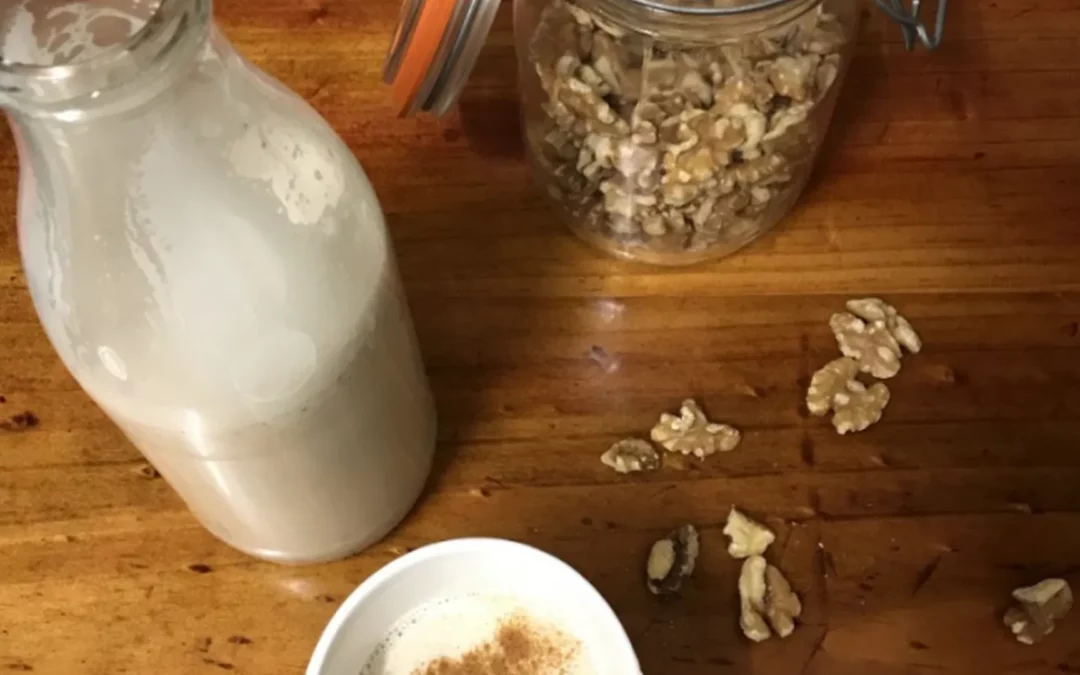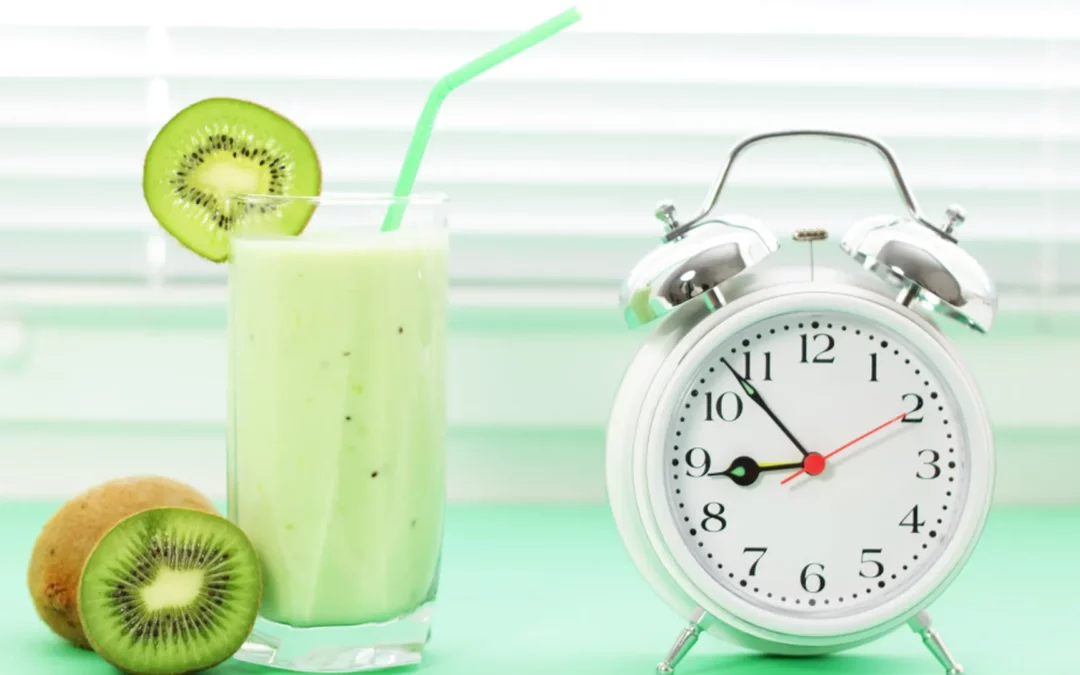



by Audra Starkey | Oct 3, 2018 | Nutrition, Recipes, Sleep
As shift workers, falling asleep and staying asleep can be one of our biggest challenges when working 24/7. In fact ironically, we can find ourselves in a state where we’re actually too exhausted to sleep – a cruel scenario given all we want to do is...
by Audra Starkey | May 5, 2016 | Nutrition, Sleep
As a nutritional medicine student (and former shift worker of 20 + years), I’m always on the look out for ways to nourish the sleep-deprived body of someone who happens to be working 24/7. Unfortunately when it comes to finding ways to improve our sleep, many of...